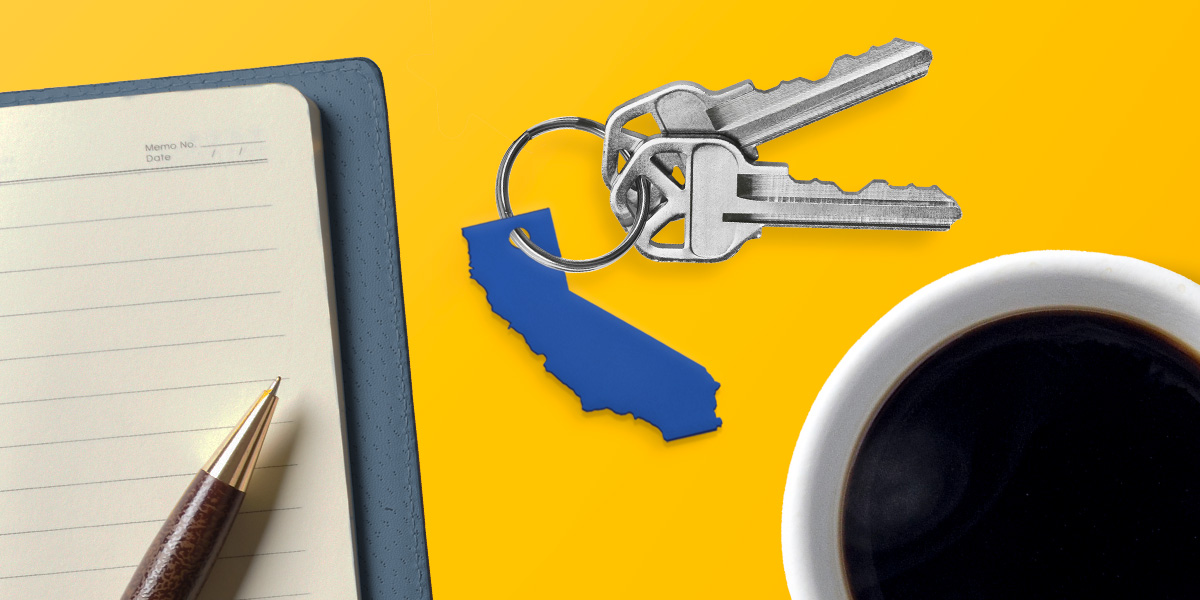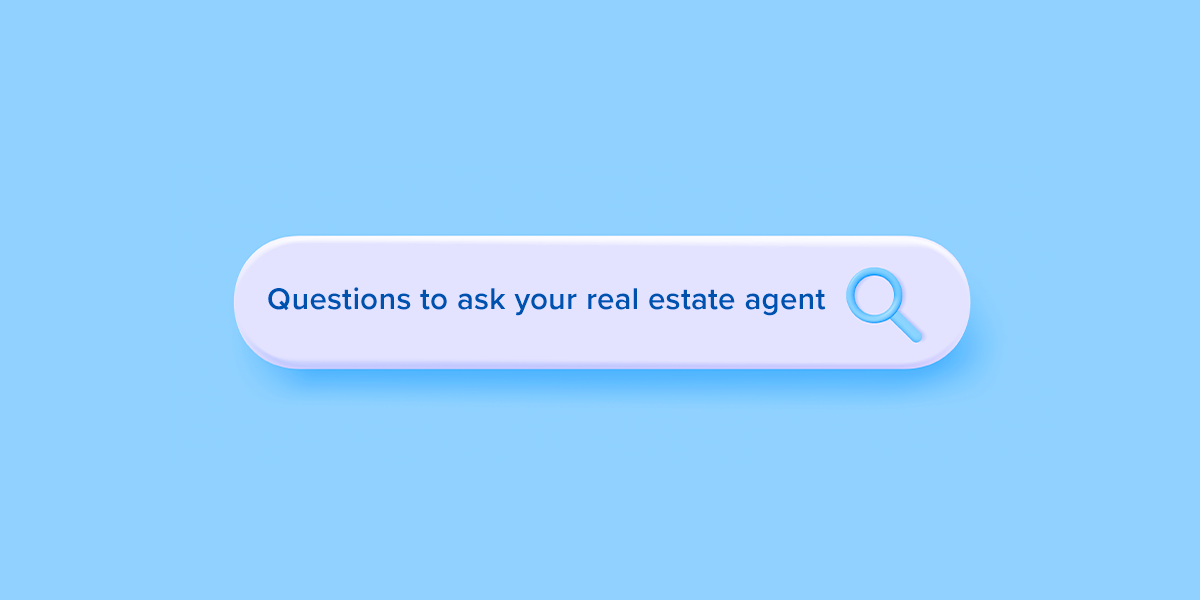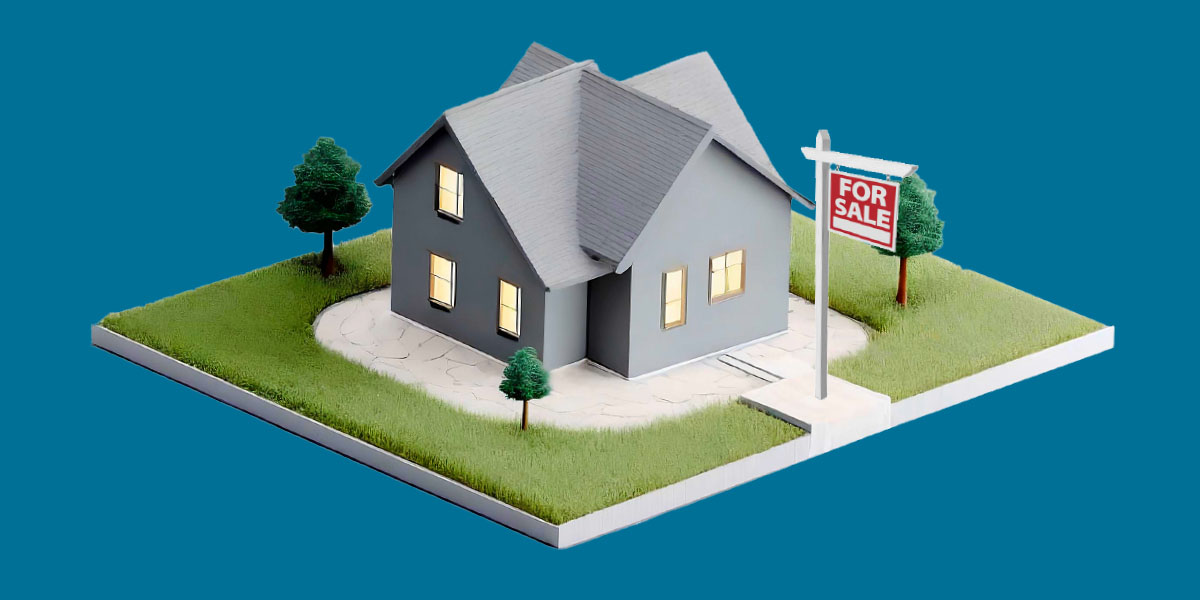-
Personal Banking -
Insights
Should You Buy or Rent a Home?
Deciding whether to rent or buy a home involves several factors, including personal financial considerations as well as your lifestyle and future plans. It’s a decision you may have to make at various times in your life, so it’s wise to understand the variables that could influence your choice.
Most people assume that the only difference between renting and owning a home is cost, but that’s not the whole story. Depending on your specific situation, there are advantages and disadvantages that come with either renting or owning a home.
The points below can help you learn about the advantages — and disadvantages — of owning or renting a home.
Advantages of Renting a Home
Simpler Budgeting
Budgeting can be easier when you rent a home. Each month, unless your rent increases, your rent payment will cover your housing costs; you will not pay property taxes or homeowners’ association (HOA) fees, as your landlord is responsible for paying those. Also, as a renter, you’ll never face unexpected payments for home repairs, because home maintenance and repairs will be the responsibility of the landlord.
Renters can also save money on insurance. Renter’s insurance, which covers only your belongings in the home, is typically much less expensive than homeowner’s insurance.
Ease of Movement
Renting also makes it easy to move to a new area; there’s no need to sell a home first, pay a real estate agent or cover closing costs. It can also help to rent in different areas for a while to determine whether you'd like to settle there permanently should you have an opportunity to buy a home.
Saving & Investing
Renting can help maintain your cost of living, so that you may be able to save money while renting a home or apartment that does not stretch your budget. And if you can save while renting, you can invest that money wisely to later use for a down payment on a home.
Flexible Amenities
If you want a pool or a gym, you can opt for an apartment complex that offers those amenities. For homeowners, such amenities can be expensive to build and maintain, but renters can access them in a more affordable way with less responsibility and commitment.
Lower Financial Anxiety
Renters don’t need to worry about the value of the home they live in or about the possibility of a housing market crash, since they haven’t tied up their life savings in their homes.
Disadvantages of Renting a Home
Inability to Build Home Equity
Have you ever heard that renting is “throwing away money"? That's the idea that paying rent doesn’t allow you to build equity in the same way that owning a house does.
When you buy a home, your monthly payments build ownership in property that, for most people, is their largest and most important asset. When you eventually sell, if the property's value has grown, you will make money on the transaction. When you rent, your monthly payment doesn’t help you work toward this positive outcome.
Limited Options for Changes
Renting also limits your ability to do what you want with your home. For example, if you want to be able to make changes to the property, such as painting, building a fence or renovating, you may not have that option as a renter.
Restrictions don't stop at home modifications for renters. Pet ownership is often restricted in rentals, making homeownership particularly appealing for families with furry members.
Potential for Rent Increases
While your mortgage payment may be stable month-over-month if you purchase a home, rent is not a guaranteed fixed cost. When your lease ends, your rent may increase—or you may be forced to move if your landlord chooses not to renew the lease.
Advantages of Homeownership
Building Personal & Generational Wealth
Buying can help you build wealth as you make your monthly mortgage payments and build equity in your home. If you ever decide to sell your house, you might be able to make a profit, depending on how much of your mortgage you've paid off and the value of your home in the current market.
You may also have the option of borrowing against that equity with a home equity loan or line of credit. And don't forget that you may be able to earn a profit if you sell your home, depending on whether the value of that home has increased.
Tax Advantages
Another financial benefit of homeownership is that you may be able to deduct mortgage interest from your taxable income, possibly helping you to save money on taxes each year.
Freedom to Remodel & Renovate
As a homeowner, you can remodel or update your home without getting approval from a landlord—and your updates may increase the value of your home. Whether you want to add a pool or paint a room your favorite color, you're free to do so as a homeowner.
Fixed Monthly Payment
Unless you get a variable-rate mortgage, you can rely on a fixed monthly payment of principal and interest for as long as you own your home. If you have a fixed mortgage payment, you'll be able to create a savings plan that could otherwise be interrupted by fluctuating rent costs if you didn't own your home.
Better Housing Security & Stability for Family
Owning a home means you won’t be forced to move, since you don’t have to depend on a landlord renewing your lease every year or every few years.
Moving can be very stressful for an individual, couple or family. If you are ready to plant your roots in a specific area, purchasing a home of your own can help reduce stress and create a stable environment for your household.
Disadvantages of Homeownership
While homeownership can be beneficial for many people, there are downsides.
Cost of Entry
One of the greatest barriers to homeownership is the need to bring a sizeable amount of cash to the closing. To get the lowest mortgage rates, many people aim to save a down payment totaling 20% of the home's total cost. But even if you are just trying for a down payment of 5%, that may still be tens of thousands of dollars.
Fees and Maintenance Costs
Another disadvantage of buying a home is that you’ll typically have to pay a real estate agent as well as loan closing costs, which can be expensive. If you need to move within a few years after purchasing your home, you may not make a profit on its sale, or the profit you make may not be enough to cover the costs, which might result in your losing money.
In addition, buying a home often involves more than coming up with a down payment and covering your monthly mortgage payments. You’ll have to purchase homeowners' insurance and potentially pay local property taxes and HOA dues, depending on where you buy. You will also be responsible for covering the costs of routine maintenance and home repairs. Many experts recommend expecting to pay an average of 2% of the total cost of the home for annual maintenance and repairs.
Risk of Loss
A house is an asset that usually increases in value over time; however, that’s not guaranteed. When you buy a home, there’s a risk that your property value could decline, especially if you purchase when housing prices are inflated or in an area that is declining in popularity.
If you want to sell your home but its value has declined, you may find yourself "underwater" on your mortgage, meaning you owe more than the current market value of the property. This may mean you'll be stuck staying in the home or losing money on its sale.
Renting vs. Buying FAQ
Is Renting a Waste of Money?
Renting is not inherently a waste of money. Everyone needs a place to live, and purchasing a home is not always the best option. In some situations, such as when you need a place to live temporarily or you’re saving up for a down payment, renting can be a better choice than purchasing a home.
Renting for a time can enable aspiring homeowners to save and take their time making important decisions before committing to their first home purchase.
Why Might Someone Rent Rather Than Buy?
There are several reasons why renting might make more sense than buying a home, such as:
- The move is temporary. If you plan to move again within a few years, buying a home may not be worth the cost of hiring a real estate agent, paying closing costs and incurring the fees associated with buying a home.
- You don’t have a down payment. Saving up for a down payment can take years. If you don’t have a down payment to purchase a home yet, renting is the way to go.
- You don’t want to handle repairs and maintenance. Renting means someone else will handle repairs and maintenance, and you won’t have to worry about that or spend your weekends doing home improvement projects.
Why Might Someone Purchase a House Rather Than Rent?
In many cases, purchasing a house makes more sense than renting. Here are some of the circumstances in which buying might be the right option:
- You plan on staying. If you expect to stay in the home for five or more years, purchasing may be the logical choice. After five years, you will likely be able to build enough equity in your home so that upon selling, you’ll earn enough to cover the real estate fees and other costs paid to buy your home, if not a larger profit.
- You want to build equity. Want to view your monthly payments as an investment and build ownership in something that you’ll be able to sell or leave as a legacy to your family? Buying a home, rather than renting, is the best way to do that.
- You value homeownership. Maybe you’ve viewed homeownership as a long-term goal or as an important part of the American dream. If so, you may not be happy renting.
- You want to customize your home. If you want to decorate or remodel your home to match your taste and lifestyle, you'll need to buy.
Is It Cheaper to Rent or Buy a House?
There is no simple answer as to whether it’s cheaper to rent or buy a house. The answer depends on the local rental market, home prices in your area, how long you plan to stay, how much money you can access for a down payment and many other factors.
To decide which option might be most cost-effective for you, determine how long you plan to stay in the location and calculate your monthly costs for both renting and purchasing. Keep in mind that rent may increase over time, and that homeownership involves the cost of repairs and maintenance, as well as the potential for increasing HOA fees and property taxes.
Owning a home may not provide returns instantly, but if you plan to stay in a home for a number of years, it may be the right option. Not only will your home have the potential to become an asset with increasing value, but you’ll also enjoy pride of homeownership and the ability to build long-lasting memories and a sense of stability through owning your home.
Consider Your Breakeven Point
The "breakeven point," at which buying a home becomes more cost-effective than renting, typically occurs at about three to five years, depending on the cost of your home, the mortgage rate and other variables.
You can determine your breakeven point by calculating what you'd pay in rent over the next three years and comparing that to what you'd pay for a mortgage over the next three years. Be sure to include your down payment, closing costs, and estimated costs for home maintenance and repairs.
Am I Ready to Buy a Home?
Wondering if you’re ready to buy your first home? Start by asking yourself THESE important questions.
If you can answer these questions with a confident “yes,” it may be time to consider buying:
- Do you plan on staying in this home for the next three to five years?
- Do you have a down payment saved, along with an emergency fund?
- Do you have a steady income that will cover the cost of your mortgage?
- Are you ready for the costs associated with homeownership?
- Have you gotten pre-approved for a mortgage loan?
- Do you have a strong understanding of the local housing market?
If the answer to all of these is yes, it may be time to buy!
Should I Keep Renting?
Think you may need to keep renting for a while longer?
Ask yourself these questions to help find out:
- Are you planning to make a career change that could require you to relocate, or do you already have to move frequently for your career?
- Are you working to improve your finances, such as improving your credit, reducing your debt load, or building up a down payment?
- Do you feel pressured by others to purchase a home even though you are hesitant?
If the answer to all three questions is yes, it may not be the time to buy. Instead, take time to consider carefully why you want to purchase a home and make sure you’re ready for the long-term commitment, and benefits, of homeownership.
This article is for general information and education only. It is provided as a courtesy to the clients and friends of City National Bank (City National). City National does not warrant that it is accurate or complete. Opinions expressed and estimates or projections given are those of the authors or persons quoted as of the date of the article with no obligation to update or notify of inaccuracy or change. This article may not be reproduced, distributed or further published by any person without the written consent of City National. Please cite source when quoting.
City National, its managed affiliates and subsidiaries, as a matter of policy, do not give tax, accounting, regulatory, or legal advice, and any information provided should not be construed as such. Rules in the areas of law, tax, and accounting are subject to change and open to varying interpretations. Any strategies discussed in this document were not intended to be used, and cannot be used for the purpose of avoiding any tax penalties that may be imposed. You should consult with your other advisors on the tax, accounting and legal implications of actions you may take based on any strategies or information presented taking into account your own particular circumstances.
Loans and lines of credit are subject to credit and property approval. Additional terms and conditions apply. Not all applicants will qualify. Home equity lines of credit are not available in Texas.





